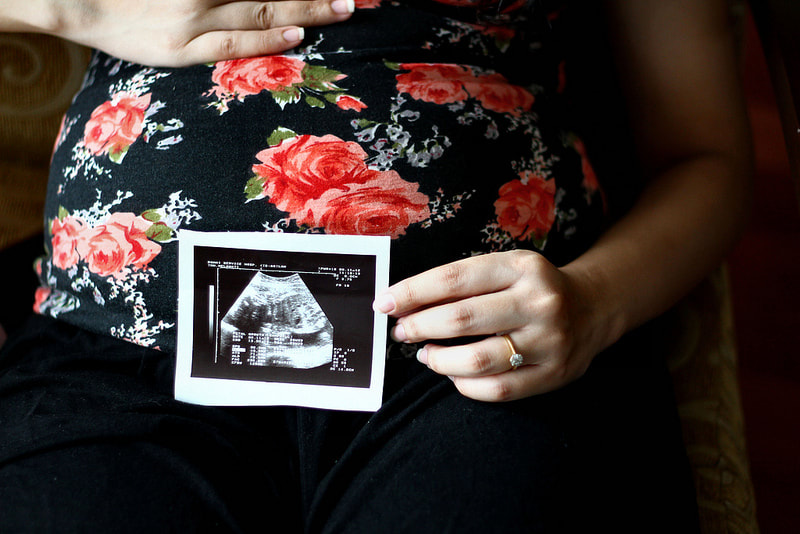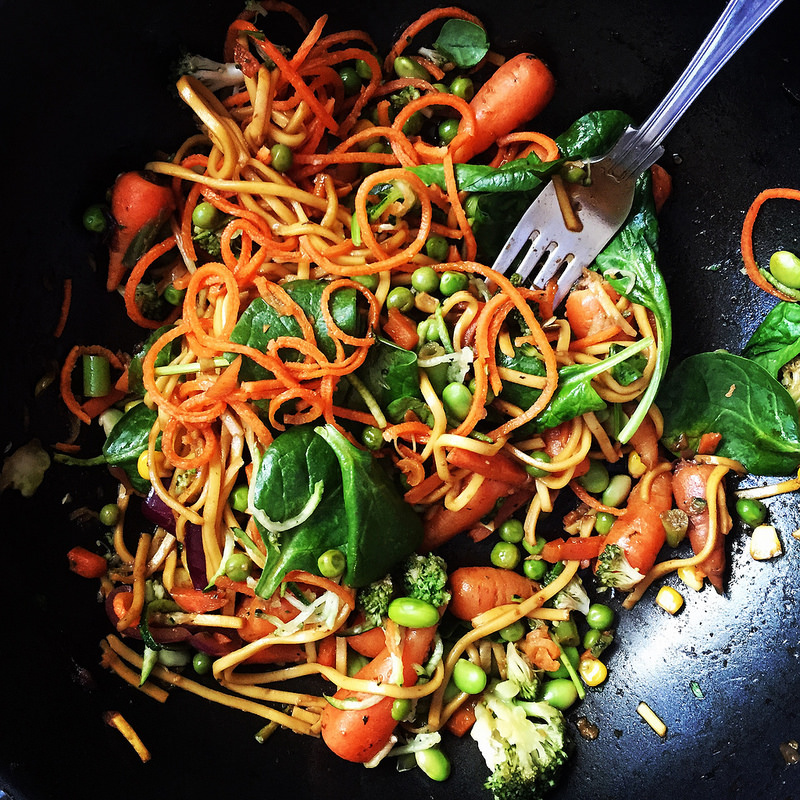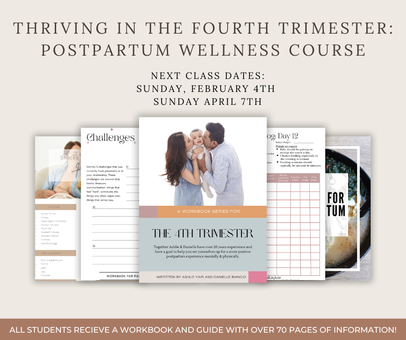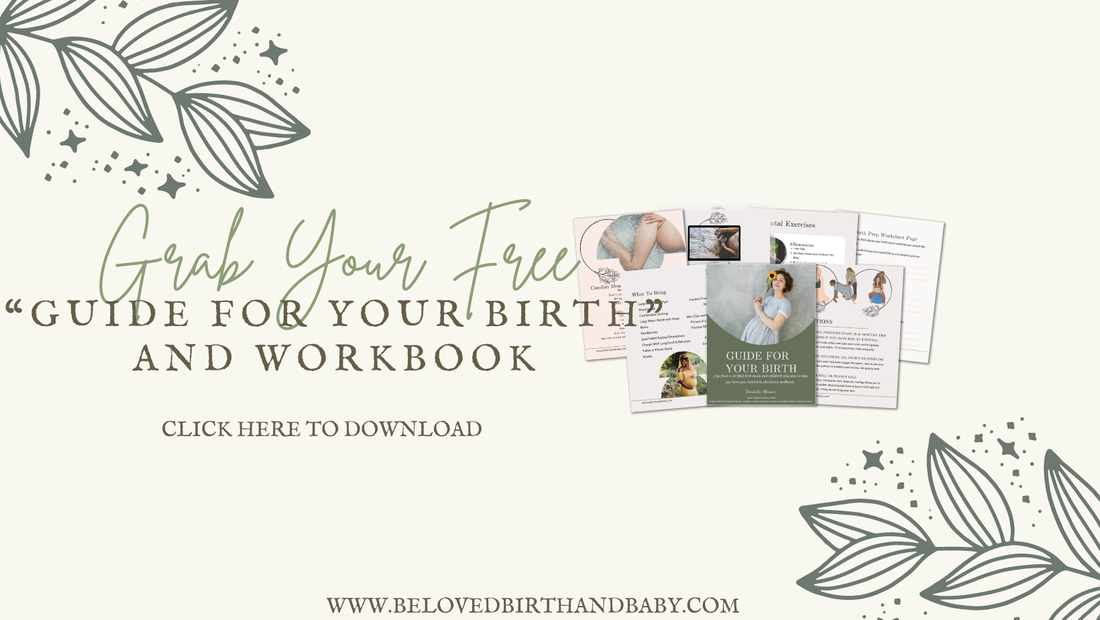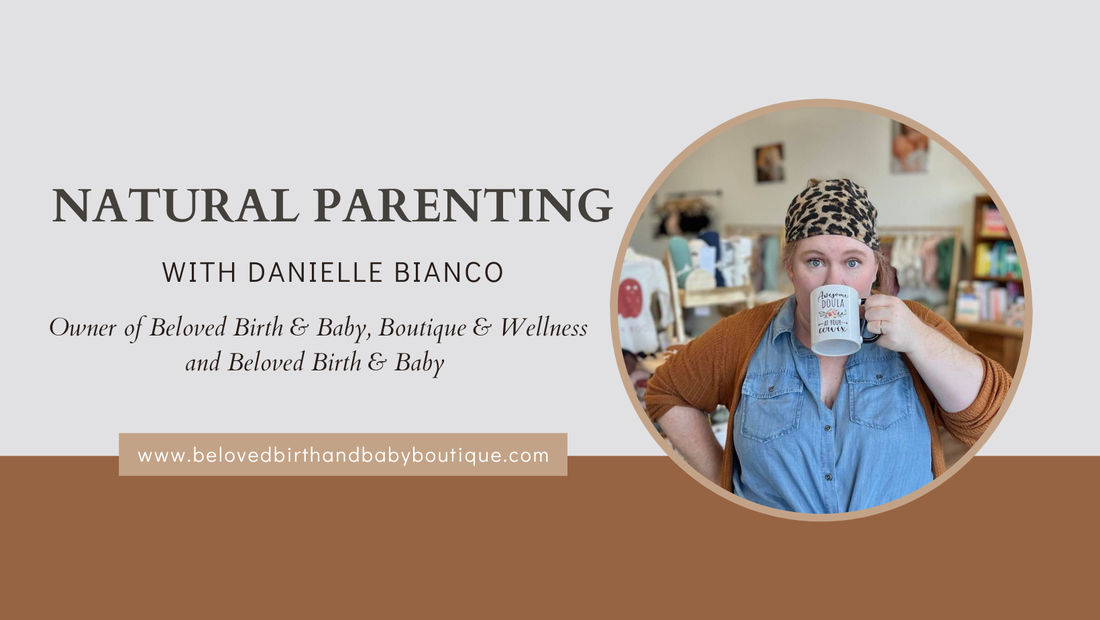|
You've talked to your partner, gotten a check up from your provider and made a secrete Pintrest board for all cute baby things & are now ready to start trying for a baby! This is a very exciting time in a couples life. If you are like me and want to take charge of your fertility, Kim Jordan is a WONDERFUL resource. Preparing your body for pregnancy does not need to be overwhelming and with Kim's help, but simple and easy. Kim Jordan is a Certified Nutritional Therapy Practitioner and owner of Root and Branch Nutrition. Using a functional and holistic approach, she works to help women get to the root of their symptoms and create sustainable nutrition in order to restore their innate vitality. Kim is passionate about achieving optimal wellness naturally. Having gone through her own personal health struggles, she found that discovering the root causes and building up her body through nutrition and lifestyle to be keys to achieving improved health. Kim is passionate about helping women balance their bodies, take charge of their fertility, and prepare to for healthy pregnancy and postpartum. What is a Nutritional Therapy Practitioner? A Nutritional Therapy Practitioner (or NTP) is trained and certified by the Nutritional Therapy Association to practice a foundational approach to holistic, functional nutrition rooted in real food. Although we share similar training (such as anatomy and physiology, and the science of foods and nutrients), NTPs work differently than other health and nutrition practitioners. For one, we do not diagnose or treat disease. Instead, we make specific nutritional recommendations as well as supplement and lifestyle protocols aimed at restoring and rebalancing the body. What really sets NTPs apart is that we are trained in identifying and addressing imbalances in the body, specifically how to correct them with nutrition. We practice the “Functional Evaluation,” a physical assessment used to pinpoint nutrient imbalances/deficiencies and specific organ weaknesses, as well as Lingual-Neuro Testing (LNT), a biofeedback tool that uses the body's innate intelligence to determine which specific nutrient(s) can work to correct imbalances/deficiencies. NTPs don’t believe there is a one-size-fits-all nutrition approach. Instead, we respect the bio-individuality of each client, meaning we carefully consider the fact that each person has a specific genetic, ancestral, and geographic makeup that determines their unique individual needs. The work we do is not only powerful, but highly customizable. NTPs are paradigm shifters, working to heal the world with holistic and sustainable practices in food and wellness. How can nutritional therapy help a women become ready for pregnancy? Because nutritional therapy utilizes a foundational approach to health, I can work to help women build up and strengthen their bodies. Health and proper functioning in the body (including healthy hormonal balance and fertility) rely on the strength and balance of these foundations- a nutrient-dense diet, digestion, blood sugar handling, mineral status, fatty acid balance, and hydration. In my practice, I look to find root causes of symptoms and the main concerns of my clients. By working with the foundations and assessing underlying weaknesses, deficiencies, and imbalances, I help create a comprehensive plan for women who are looking to prepare for pregnancy- regardless of any health issues she may be experiencing. Many women come from a history of hormonal birth control usage, painful or irregular periods, PCOS, endometriosis, What types of things do you discuss with your clients? Since my approach is holistic and integrative, I discuss many different areas with my clients- most relating to food and nutrition, but others related to overall lifestyle, history, and mindset. We generally begin by talking about personal health concerns and goals, in order to get a clear picture of what the client is looking to achieve by working together. We’ll discuss key lifestyle areas like sleep, stress, work, and exercise. We’ll discuss the client’s health history (including major surgeries, dental work, medications, and supplements). As uncomfortable as it is for some, we also discuss digestion and bowel movements, as well as menstrual cycles and birth control. We talk in depth about past and current diet/nutrition practices- not only the what, but the when and how. This often includes discussion about roadblocks to eating healthfully, like confusion about what to eat and struggles with cooking and meal prep. And with women, we often touch upon chronic dieting and even under-eating (this is so common!) I also love talking about mindset and self-care with my clients because these are such important pieces that are often missing! We’ll also touch upon the areas the client feels she may struggle with and create a plan for tackling those, especially identifying who in her life can provide support on her journey. Depending on the client and the circumstances, we may also discuss other topics or go into one or more of these areas more deeply. Because my approach is bio-individual, I tailor my sessions to what each client needs! What are some changes a women just starting out to become pregnant can make? Here are my top suggestions. I’d recommend starting slow- choosing maybe 1-2 areas to focus on at a time, and building as you go so that you can create habits and not become overwhelmed! I always advocate for going step-by-step if that makes things easier (it also propels you to move forward as you begin to feel better with the changes you make!)
For women struggling to conceive, do you have any advice on changes they can make? For those struggling to conceive, I will always look at underlying factors- could there be a blood sugar imbalance? Dysfunction in the stress response causing an increase in stress hormone and low hormone precursors? Is digestion working properly to absorb foods? Is the liver properly detoxing, especially estrogen? Working more closely with a practitioner is so important, especially to do more functional testing to figure out what exactly is going on. Additional recommendations I have (on top of those mentioned previously) are:
Do you have any supplements you would recommend? Supplements are a very bioindividual and although they are utilized often in my practice, recommendations vary greatly from person to person. It’s important to remember that supplements are only that- supplemental to a nutrient-dense diet and healthy lifestyle. As a NTP, I use supplements in my practice mostly to strengthen weaknesses and correct imbalances. We don’t rely on them solely, but in the right context, they can help fill gaps and add a powerhouse of support where the body may really need it. With women looking to balance hormones and prepare for pregnancy, supplements are often necessary (especially if there are other health concerns and symptoms, like PCOS, irregular periods, digestive issues, or autoimmunity). A good starting place with supplements is getting a quality omega-3 fish oil, magnesium, probiotic, and vitamin D3. However, women may need more specific digestive support to assist with nutrient absorption, nutrients to support balanced blood sugar, liver and detoxification support, and/or glandulars, herbs, and/or minerals to support the endocrine system. You are getting ready to launch the Body in Balance program- what does this program look like & what are the benefits? Body in Balance is an in-depth functional nutrition program specifically designed for women who want to overcome roadblocks to feeling their best, become more in tune with their bodies, and create healthy balance in their lives. Built upon our nine Body in Balance Principles, this online program helps women reconnect with their intuition, balance hormones, replace restriction with proper nourishment, and naturally revitalize their bodies and minds. This online program is for any woman looking to reap the benefits of a balanced body and mind, and has a special focus on hormones, so it’s a great resource for women planning to get pregnant. We even have options for working 1.1 and getting functional hormone testing and a personalized protocol. Body in Balance is 100% online, and our basic program is an 8 week self-guided course full of video presentation, downloadable guides, and bonus resources. The VIP version has 4 weeks of extended support plus 1:1 consults, functional testing, and a personalized protocol to work more specifically on hormone balancing (and other areas of the body that may need support). Both options include access to a private support group! For those interested, they can join our free Body in Balance group, where we will discuss more details of the program as well as run live weekly classes on a number of topics that relate to women’s health and hormones! www.bit.ly/BIBsupport. What is the best way a women can start repairing her hormones? See questions #4 and #5! Practices to balance hormones are similar to preparing for pregnancy because fertility is so dependent on hormone harmony! Start with the basics- Nourish your body physically and mentally with wholesome, real foods that are enjoyable. Don’t restrict yourself of food- that means quantity, or indulgences from time to time (when worth it- that matters especially)! Remove guilt and morality around food, and look at nutrition as a way to strengthen your body, not punish or deprive. Implement a healthy overall lifestyle that just doesn’t focus in eating well, but also incorporates daily movement and regular exercise, stress-management, sleep, hydration, laughter and play, etc.-- whole self nourishment! And most importantly, even though this can all be very overwhelming, work through it bit by bit, find support, and ask for help! Instead of letting perfectionism and analysis paralysis get in your way, choose to take action on a few different areas at a time, and build from there. What are some “must have” food items a women looking to conceive should add into her diet & why?
What is the importance of meal prepping and how can women add it into their lives? We’re all busy. And unfortunately, the rituals of cooking and gathering to enjoy food have been replaced by our fast-paced lifestyles. We’re rushed, so we’re much more likely to grab food on-the-go, hit up the drive-thru, pick up take-out, or even skip meals. This is problematic for so many reasons! The first being that eating rushed doesn’t allow our bodies to properly digest and absorb nutrients. It also doesn’t allow us to truly enjoy and appreciate our food! Plus, most places we’re getting food prepared for us (especially if for convenience and time) aren’t necessarily considering the quality of the food. It’s much less easy to eat healthfully if you’re eating out most of the time. In order to eat well and truly nourish your body (not just physically, but mentally/emotionally too), cooking and preparing your food is crucial. It doesn’t need to mean 100% of it, but at least a good majority. Not only will you know what is in your food, but it drives a deeper connection to the foods we eat and how we nourish our bodies. It allows you to find more excitement in eating well- trying new foods, experimenting with new recipes, maybe even learning to cook at all! We’ve become so disconnected from our food, so we need to return to our roots! Some tips to start meal prepping:
In a society where the birth control pills are pushed , instead of getting down to the routine of our hormonal issues, talking with Kim was so refreshing! Finally, a professional who believes in getting down to the reasons and using real food and a natural approach for care. As someone who suffered from infertility both times while TTC, I can honestly learned so much from Kim, and I thought I new it all. What is the biggest piece of Kim's recommendations you are taking away? Make sure to check out Kim's website- Root and Branch Nutrition and look into her upcoming programs like the "Body in Balance" program: bit.ly/BIBprogram Kim Jordan, MA, NTPNutritional Therapy Practitioner and owner of Root and Branch Nutrition. Her own health journey lead her to the field of nutrition, and her frustration with mainstream medicine conventional nutrition fueled her passion to practice a more functional approach. With a history of weight loss, hormonal imbalances and painful irregular periods, anxiety, and digestive issues, Kim found that integrating holistic diet and lifestyle practices are what helped her most along her journey to feel her best. She is passionate about helping women get more in tune with their bodies, nourish their whole selves, and find a sustainable approach to nutrition for life. Kim currently practices in her office in Stony Point, NY, and also works with online clients. For more information visit www.rootandbranchnutrition.com.
0 Comments
Leave a Reply. |
AuthorHi I am Danielle. I am a doula, childbirth educator, placenta encapsulation specialist, mother, wife & passionate about birth in the Dutchess, Ulster & Orange County, NY area. I have lived in New Windsor, NY the last 11 years and my office is in Newburgh, NY- convenient to Beacon, Cornwall, Poughkeepsie & Middletown. Sign up for a free:
|
|
Agency Owner, Danielle Bianco, (She/Her)
Certified Birth & Postpartum Doula, Certified Lactation Support Consular & Certified Sleep Consultant 845-499-8116 (text or call) 109 S William St, Newburgh NY 12550 Serving the New Windsor, NY, Woodstock, NY & Hudson Valley area Birth doula, postpartum doula, lactation support & sleep consulting |
Services offered to:
Colombia County, NY Dutchess County, NY Greene County, NY Orange County, NY Ulster County, NY |
Photo Credit: Victoria Johnson Photo by Anna Shvets from Pexels
Photo by William Fortunato from Pexels Photo by Vidal Balielo Jr. from Pexels
Photo by RODNAE Productions from Pexels Photo by Laura Garcia from Pexels
Photo by Anna Tarazevich from Pexels



